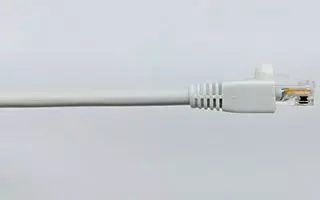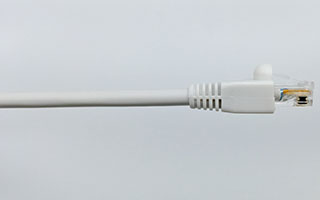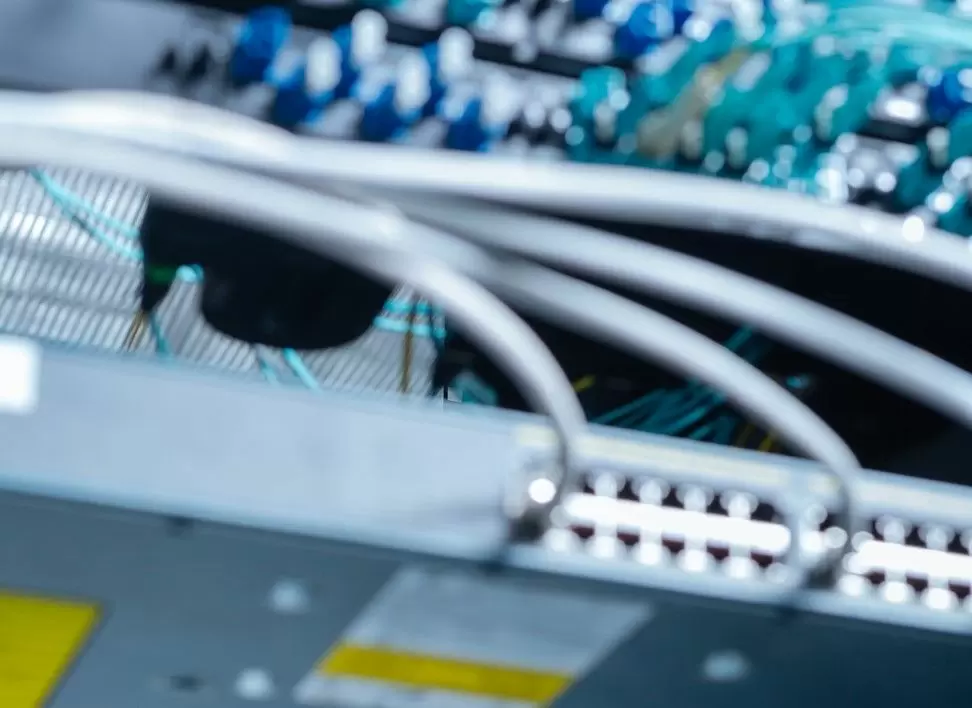Power over Ethernet (PoE)
Q: What is Power over Ethernet (PoE)?
A: Power over Ethernet (PoE) is a technology that allows both data and power to be transmitted over a standard Ethernet cable. It eliminates the need for separate power cables, simplifying the installation and powering of network devices.
Q: How does PoE work?
A: PoE works by injecting power into the Ethernet cable alongside the data signals. This is achieved through the use of a PoE-enabled switch or a PoE injector. The power is then extracted by compatible PoE devices, such as IP cameras, wireless access points, and VoIP phones, which can operate without the need for a separate power source.
Q: What are the benefits of PoE?
A: PoE offers several advantages, including simplified installation and reduced costs. It eliminates the need for additional electrical wiring, power outlets, and adapters, making it easier and more cost-effective to deploy network devices. PoE also provides flexibility in device placement, as it allows for powering devices in locations where electrical outlets may not be readily available.
Q: What is the maximum power that can be delivered through PoE?
A: The maximum power that can be delivered through PoE depends on the specific PoE standard being used. The most commonly deployed standard is IEEE 802.3af, which provides up to 15.4 watts of power per port. However, newer standards like IEEE 802.3at (PoE+) and IEEE 802.3bt (PoE++) can deliver higher power levels of up to 30 or 60 watts per port, respectively.
Q: Are all network devices compatible with PoE?
A: No, not all network devices are compatible with PoE. Devices need to have built-in PoE support or be connected to a PoE splitter or injector to receive power over the Ethernet cable. It is important to ensure that both the network switch and the end device are PoE-compatible before deploying PoE.
Q: Is PoE safe for network devices?
A: Yes, PoE is designed to be safe for network devices. It adheres to specific power delivery standards and includes protection mechanisms to prevent damage to connected devices. PoE switches and devices are equipped with safeguards such as overcurrent protection, short-circuit protection, and under-voltage protection to ensure the safety of the connected equipment.
Q: Can I use PoE for long-distance power transmission?
A: The power transmission distance over the Ethernet cable is limited due to voltage drop. Generally, the maximum distance for PoE power transmission is around 100 meters (328 feet). For longer distances, additional equipment such as PoE extenders or midspan injectors can be used to overcome this limitation.
Q: Can I use PoE with any type of Ethernet cable?
A: PoE can be used with various types of Ethernet cables, including Cat5e, Cat6, and Cat6a. However, the quality and specifications of the cable can affect power delivery. It is recommended to use cables that meet or exceed the required standards to ensure optimal performance and power delivery.
Q: Can I use PoE in outdoor environments?
A: Yes, there are PoE solutions specifically designed for outdoor environments. These solutions incorporate weatherproofing and ruggedized features to withstand outdoor conditions. When deploying PoE in outdoor settings, it is important to use outdoor-rated cables and devices to ensure durability and reliability.
Q: Are there different types of PoE standards?
A: Yes, there are different PoE standards that specify the power levels and capabilities. The most commonly used standards are IEEE 802.3af (PoE), IEEE 802.3at (PoE+), and IEEE 802.



